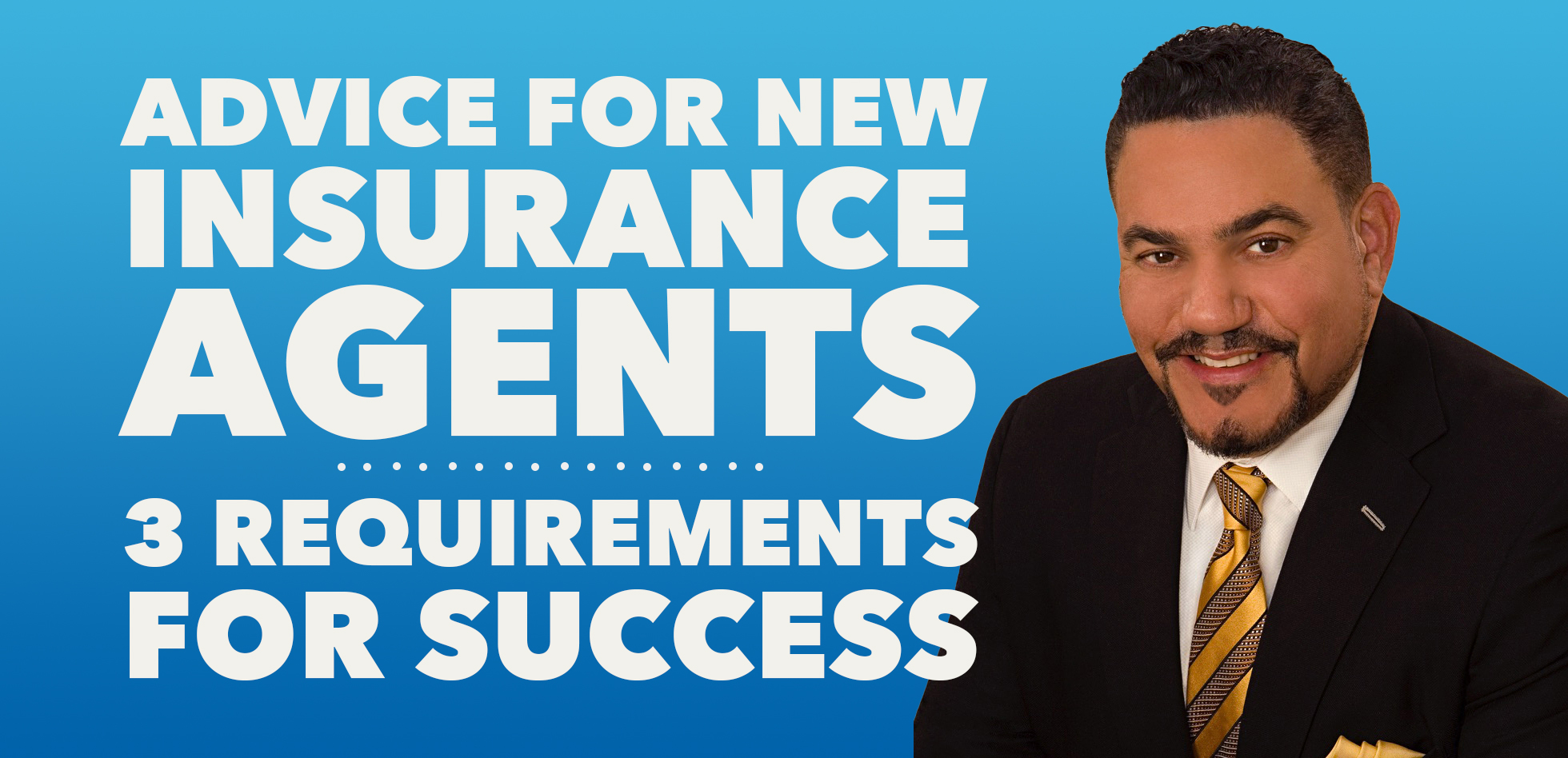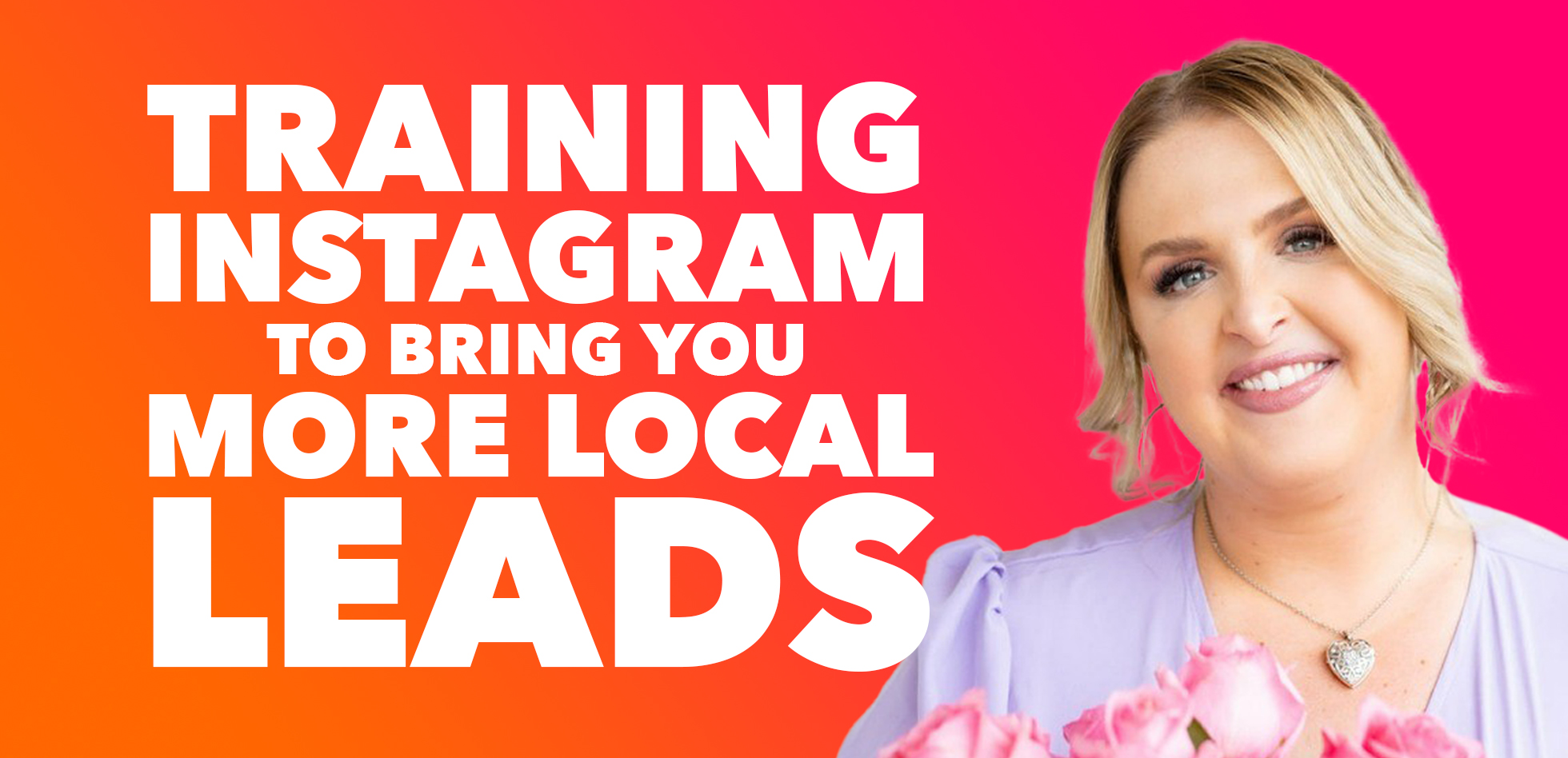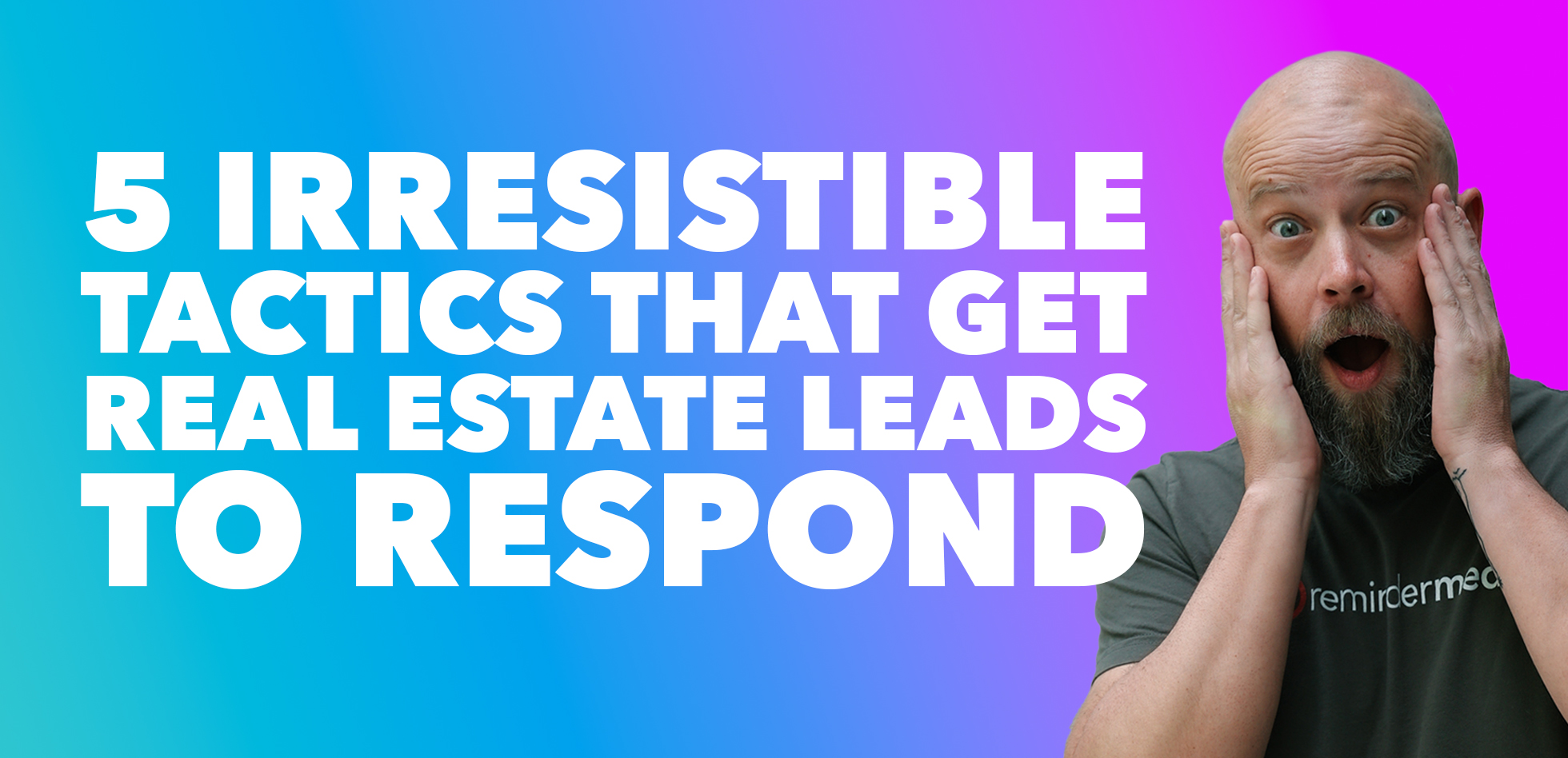Greg Harrelson has been selling real estate for more than 20 years. He’s the owner of four Century 21 franchises that yield an average of about 30 annual deals per agent.
Today on Stay Paid, Greg discusses what he’s learned about building and coaching a successful real estate team.
Key Points
- Before building a team, you should have your systems and processes down to a science.
- When you create a rock-solid process, your agents will eventually find success by following it.
- Calling FSBOs and expired listings is still the most effective way to get free, relevant leads.
Q: Introduce us to your audience.
My journey started about 25 years ago. I wasn’t doing so well in college, so I started helping my dad with his real estate business.
Initially, I was a prospector. For 6–9 months, all I did was make “just listed” and “just sold” calls, FSBO calls, and expired listing calls.
I’d prospect from 8 a.m. to 10 or 11 a.m. and then go to school. My dad would work on those leads, and he started to approach 100 transactions—which was impressive because, today, the volume of production is much higher than it was back then. It was then that I realized this might be the way for me to go.
I began listing properties in my mid-20s. Some people appreciated my skills, while some others probably had grandchildren my age and wanted to do me a favor. We built a business that was fairly lucrative.
I got involved with Mike Ferry Coaching. They were instrumental in helping me build up my business. Then, I started to build a team from the people who were working at my office. From there, I started building onto the team and kept making it bigger and bigger.
Everyone in the company used the same CRM, the same scripts, and the same leads. Everyone before had been a contractor. But, when they came to my company, they were really hiring me to help them build up their business. It’s a coach-player dynamic. I created enough value as a coach to attract talent. I started creating top producers from scratch. This year, we’re projected to close just under 4,000 transactions.
Q: What should an agent do to start generating listings?
If you want to get a listing, get on the phones and call FSBOs and expired listings. I could make it sound sexy, but sounding sexy doesn’t get results.
Get on the phones and call people who are raising their hands and saying, “I want to sell.” Everyone’s already heard this, but very few people are actually doing it. Our responsibility as leaders is to get agents out of their box and get them to do their thing so much that the uncomfortable becomes comfortable.
So many agents say, “I don’t want to be a salesperson.” I get it. But I’m not trying to convince anyone to sell—I’m trying to influence them to work with me over the other people they could work with. I have a duty to protect the consumer. They have an opportunity to choose someone who will help them, as opposed to someone who might not. I don’t think I’m bothering the consumer. I’m serving them by giving them the opportunity for me to serve them at the highest level.
Q: Do you set strict guidelines for your agents, or do you let it be a little more fluid?
I think of my real estate company as a coaching company. Forget about the fact that they’re my agents, for a moment. They’re really my coaching clients. Years ago, I coached agents all over the country for Mike Ferry. When I did that, I could never really demand that people showed up for a specific amount of time. I had to use persuasion to get them to opt into the strategies that would build their business.
So, no, there is no mandate. But these agents are hiring me as their coach. And, when they’re doing that, they’re giving me permission to tell them what they need to do.
Q: How does someone scale this lead generation approach to the point where they are running their business, and the business isn’t running them?
You need to understand that your habits come before your systems. If you’re doing 20 deals, don’t even think about creating a team. That’s completely absurd, because you don’t yet have the habits necessary to generate 90 deals on your own.
What do you do when you get up in the morning? Where are you at 7:45 a.m.? Do you start dialing when it’s legal to start doing so in your state? Your future team will develop the same habits as you, and then you’ll be able to develop the system.
Some agents think they’re the CEO and not the leader of a team. I’m not the CEO of my company. I’m standing right there in the call room. I never see my office, because I’m with them. I’ve got managers who handle executive matters, and I’m in touch with them. But, if I’m in Myrtle Beach between Monday and Friday, I am there in the call room with my agents.
Delegate your CEO responsibilities—don’t delegate the grind.
Q: What do you do with the agents who just aren’t getting it?
I’m not going to judge somebody based on the result. I’m going to judge them based on their willingness and execution of the process. As long as they’re showing up and doing the things that we prescribe, I believe they will eventually make it. Some people make it right away, and some people take a year. But, if you follow the process, you’ll eventually get there.
I do have opinions, and I state my opinions as if they’re truths—because they are true for me. Other opinions do matter, but I do believe I have an idea of how to do this. I’m very regimented. If you don’t do what you’re supposed to do, we need to have a conversation about whether you really want to do this. If you’re in my company, you’re either going to step up and make a change, or you’re going to go away.
Q: What’s next for you in your career?
I’m a coach for hire in my company, but I’m not available for hire outside of that. I’ve got very focused goals regarding what I need to do for the agents in my company. What I’ve been involved in is acquiring companies that I think my type of coaching could help. These are companies where I can go in and see what the company is lacking, and then roll my model in. That’s how I’ve been working to scale my efforts.
I’ve also continued to purchase real estate. But my main goal is to help all the agents in my company reach their goals, and that, to me, is very rewarding.
Q: How do you keep yourself motivated?
Work is nothing but a word used to describe something that we do. I don’t want to go to work, but I do like to play. When we’re done here, I’m going to play tennis. Whether I win or lose, I’m going to want to play tomorrow. I look at my business the same way—whether I win or lose, I’m excited to play tomorrow.
How do you create a career where your description of your career is one of joy? I don’t get burned out by having fun. I don’t think most people can say they feel that going to work every day is having fun.
It’s also about competition. When I play tennis, my score needs to be better than the other player. It’s the same with my career.
Q: Which routines have driven success for you?
Every single day, you have to start from zero. But it’s a choice as to whether you go to sleep at zero.
The other thing: you’ve got to accept that mastering boredom is how people get to legendary status. Let’s forget about being a top producer—we can make money by doing the right things today. To generate actual wealth, you have to master doing the repetitious stuff.
When you think of all the people who got to the next level, they spent a lot of time doing the same thing over and over. It became boring, but they resisted the temptation to stray. And that’s what took them to the next level.
Q: What advice would you give to your younger self?
That’s a tough one, because there are so many things that I have learned over the years. I think what I would tell younger Greg is that it took a more mature Greg to really grasp the concept of contribution. In other words, if I can stop focusing on what my numbers are and start focusing on what our numbers are, that’s where it shifts.
Action Items:
- Think about your daily habits. What do you do each morning? Write down in your journal what you do throughout the day. Then, at the end of the week, see what you’re actually doing, as opposed to what you think you’re doing.
Connect with Greg:



















 Soundcloud
Soundcloud iHeart Radio
iHeart Radio Spotify
Spotify Spotify
Spotify


